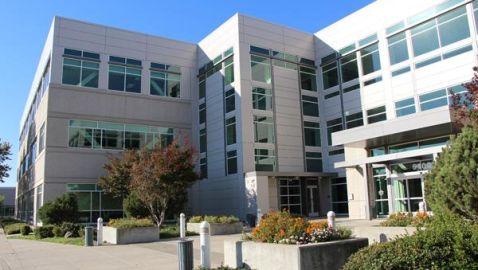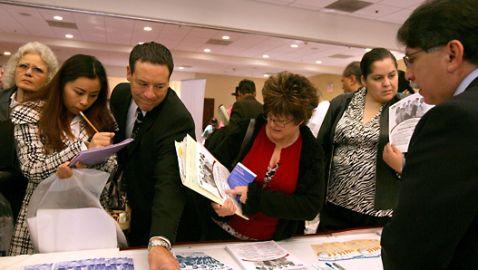Emails Banned After Work, Companies Tell Employees: Feel It Has Dimmed Lines Between Home And The Workplace
Post Views 2
A recent survey by the Society for Human Resource Management shows that one in four companies have made similar rules on their workplace campuses, some informally and others officially. Among the firms that are experimenting with this policy are Volkswagen, PricewaterhouseCoopers and shipping company PBD Worldwide.
Companies agree that the use of emails especially via work-issued smartphones, tablets and other mobile technology has brought monetary benefits to the companies, because workers access their emails even during their free time. However, it is felt that this creates the always-at-work notion leading to stress and additional work pressure.
Companies are also afraid that it could invite legal suits from employees claiming compensation for extra-time email work.
The Advisory Board, a health and education research and software-services firm is a strong advocate of this no emails after work policy. Its Chief Executive Robert Musslewhite said, “There is no question e-mail is an important tool, but it’s just gone overboard and encroached in our lives in a way where employees were feeling like it was harder and harder to achieve a good balance.”
The Advisory Board implemented this policy when an internal review of 1,750 workers revealed that workers were perturbed over post-work emails.
“My work is very important to me, but waking up in the middle of the night to check e-mails and worrying about e-mails over the weekend is not a sustainable or enjoyable way to live life,” said Advisory Board senior manager Katey Klippel.
It is seen that workers are constantly checking their e-mails, irrespective of where and when they receive them. These emails transgress into every free space of their time, whilst dropping children to school, whilst they are in church, just when they awake and worse, just when they want to sleep. Furthermore, employers do not clock these mails and workers are actually working extra time, for no extra pay.
The extra hours of work has increased the productivity index, by 3.1 percent two years ago, it increased by 2.6 percent last year and the Bureau of Labor Statistics predicts substantial growth this year as well. However, this growth is not reflected in increased pay, which means that the work is being done but it is being done without payments.
Catherine Ruckelshaus, the legal co-director of the National Employment Law Project expressed, “Problems with work-life balance have become much worse, especially as the economy has taken a downturn. Fewer workers doing jobs more used to do and are getting squeezed to do more work.”
Expecting employees not to check their emails is unrealistic. Managers sometimes are awaiting vital information and they would certainly not be loathe to open a message sent at 2 in the morning. Others access it because it shows initiative and improves their standing with their bosses, whilst some hope that it could lead to a promotion.
“Unpaid work at home appears to be a form of investment made in expectation” of a promotion later, said Youngwon Song, head of the economics department at Union College.
Work e-mails “can wait,” said Lisa Williams, vice president of human relations at PBD Worldwide, an Atlanta-based shipping company “The world isn’t going to end.”
Emails Banned After Work, Companies Tell Employees: Feel It Has Dimmed Lines Between Home And The Workplace by Harrison Barnes


 Small Business Opportunity
Small Business Opportunity  Take A Little Time To Market Your Work At Home Business
Take A Little Time To Market Your Work At Home Business